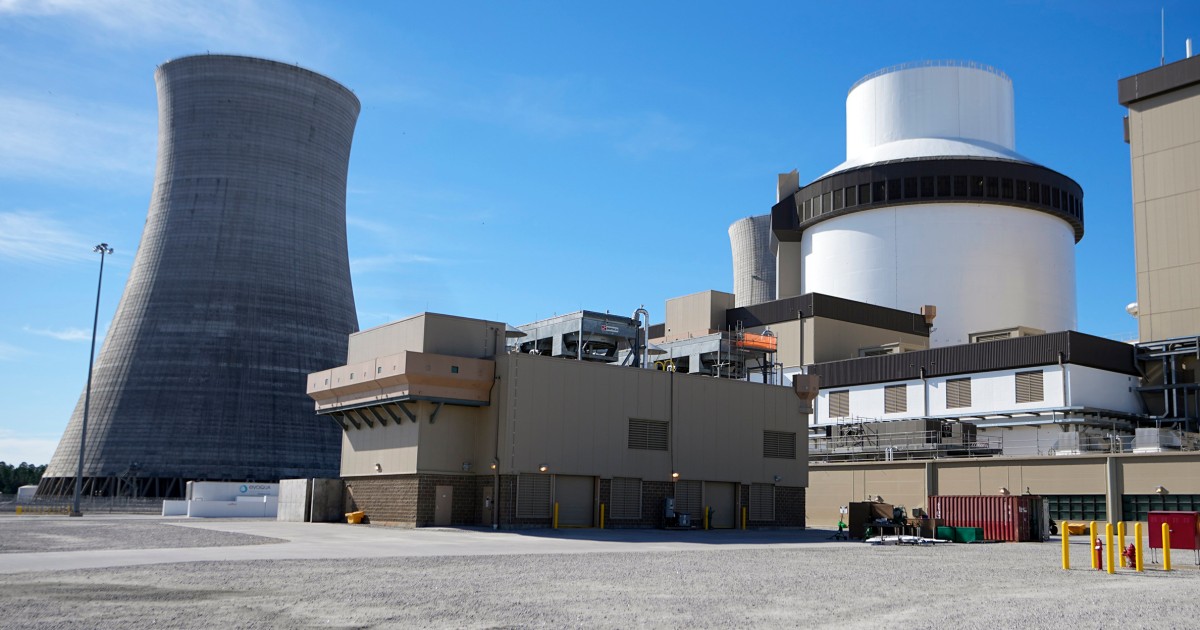First U.S. nuclear reactor built from scratch in decades enters commercial operation in Georgia::ATLANTA — A new reactor at a nuclear power plant in Georgia has entered commercial operation, becoming the first new American reactor built from scratch in decades.



Uh.
The nuke plant is expensive. Renewables aren’t. And your argument ist essentially “but based on made up numbers that illustrate how inexpensive nuke plants could be, nuke plants could be much less expensive! Duh!”
Yeah, no. Build renewables.
I’m not quite why the argument is “nuclear or renewables.” It should be nuclear AND renewables.
Renewable energy generators have improved significantly in the last two decades. I’m sure they will continue to improve.
Nuclear power is a hell of a lot cleaner than coal. And it seems nuclear power plants have improved tremendously. We should use them.
This right here, we could more easily transition to nuclear from coal/oil while building up the infrastructure and scale needed for renewables. In time we can phase out nuclear but at least we could have a stop gap fix in the meantime.
It really shouldn’t be. Nuclear plants don’t emit co2, that’s right and that’s nice. However, they have so many disadvantages that I can’t wrap my head around how they could be considered a viable alternative to renewables.
There’s my unpopular opinion.
I take it you didn’t even bother to read my comment. So why answer it?